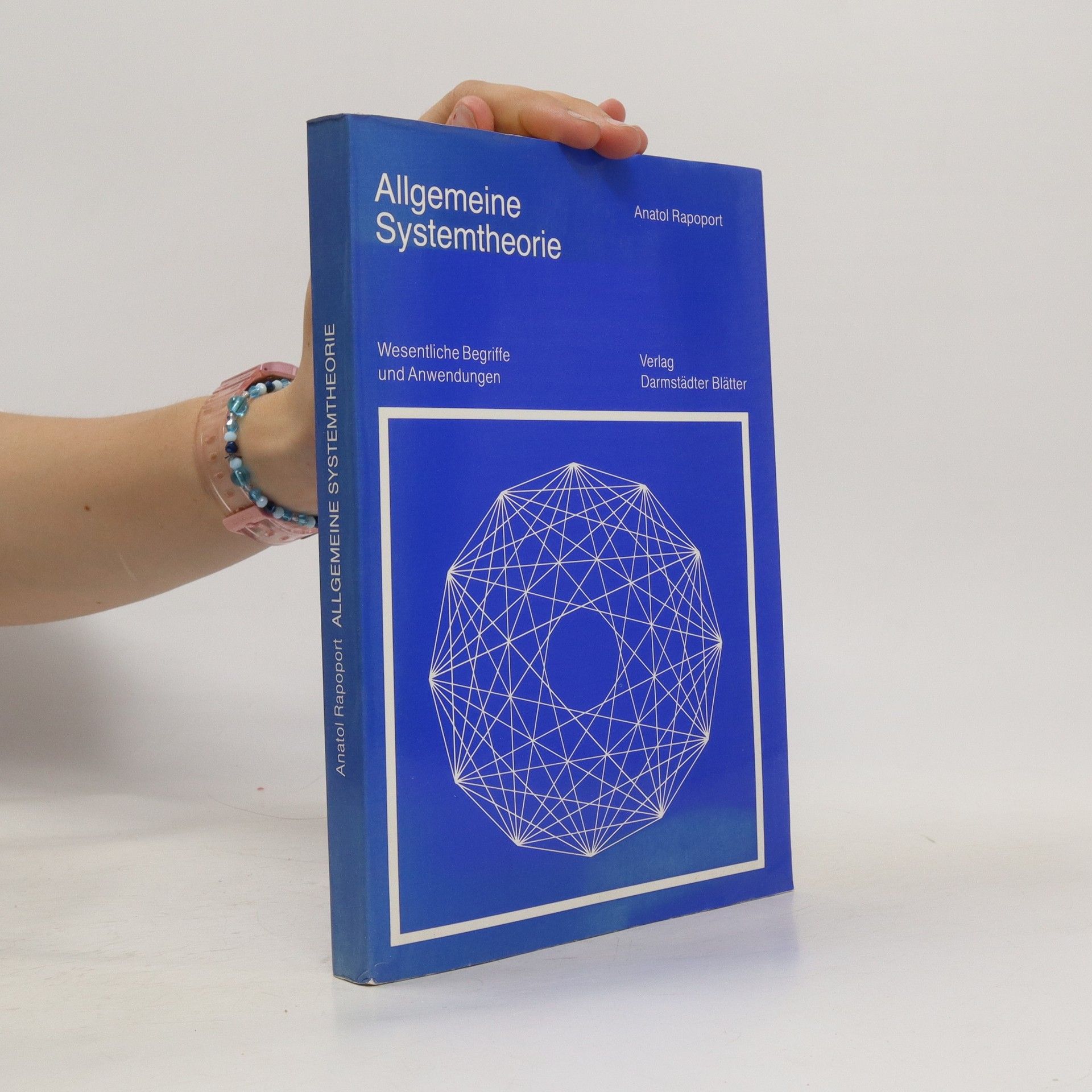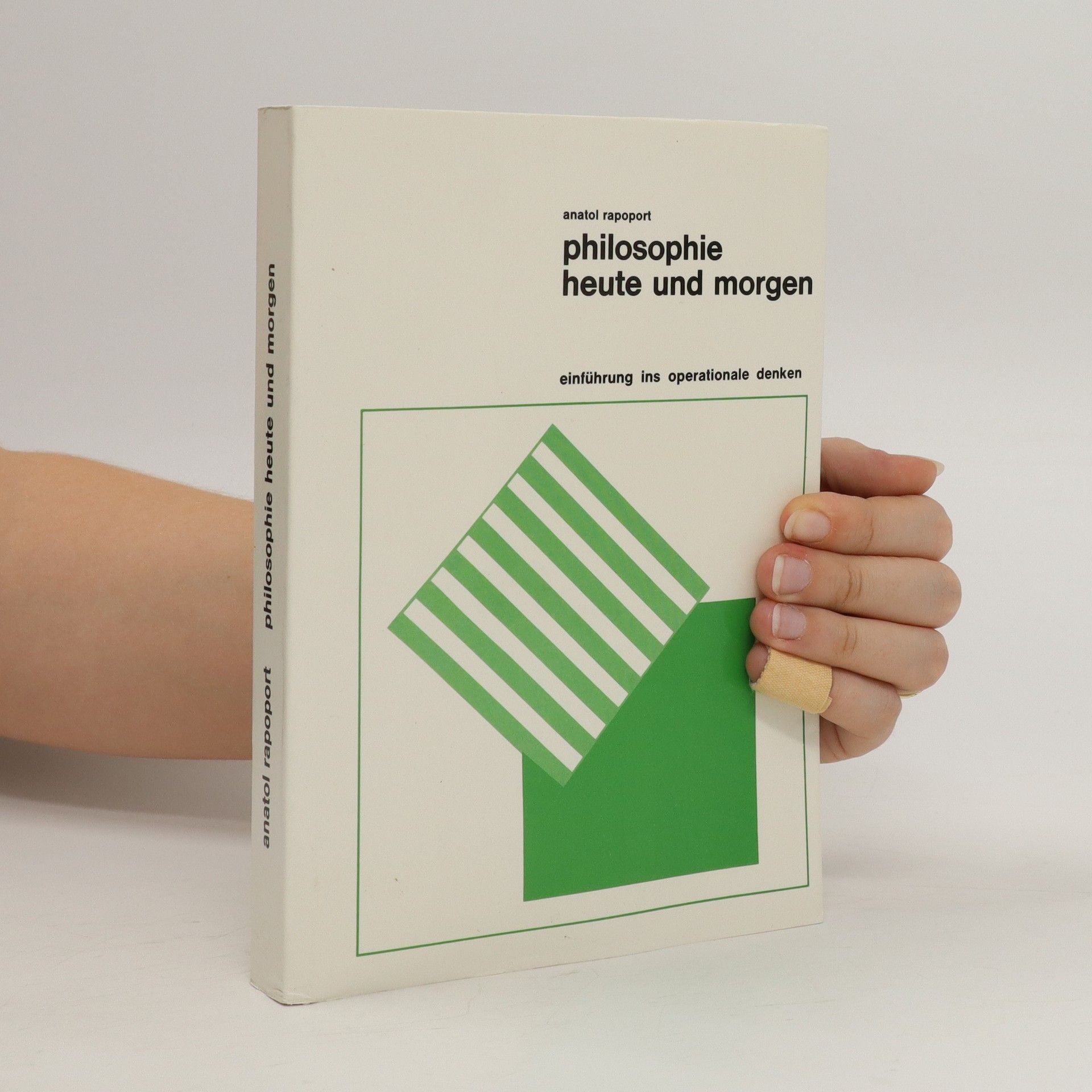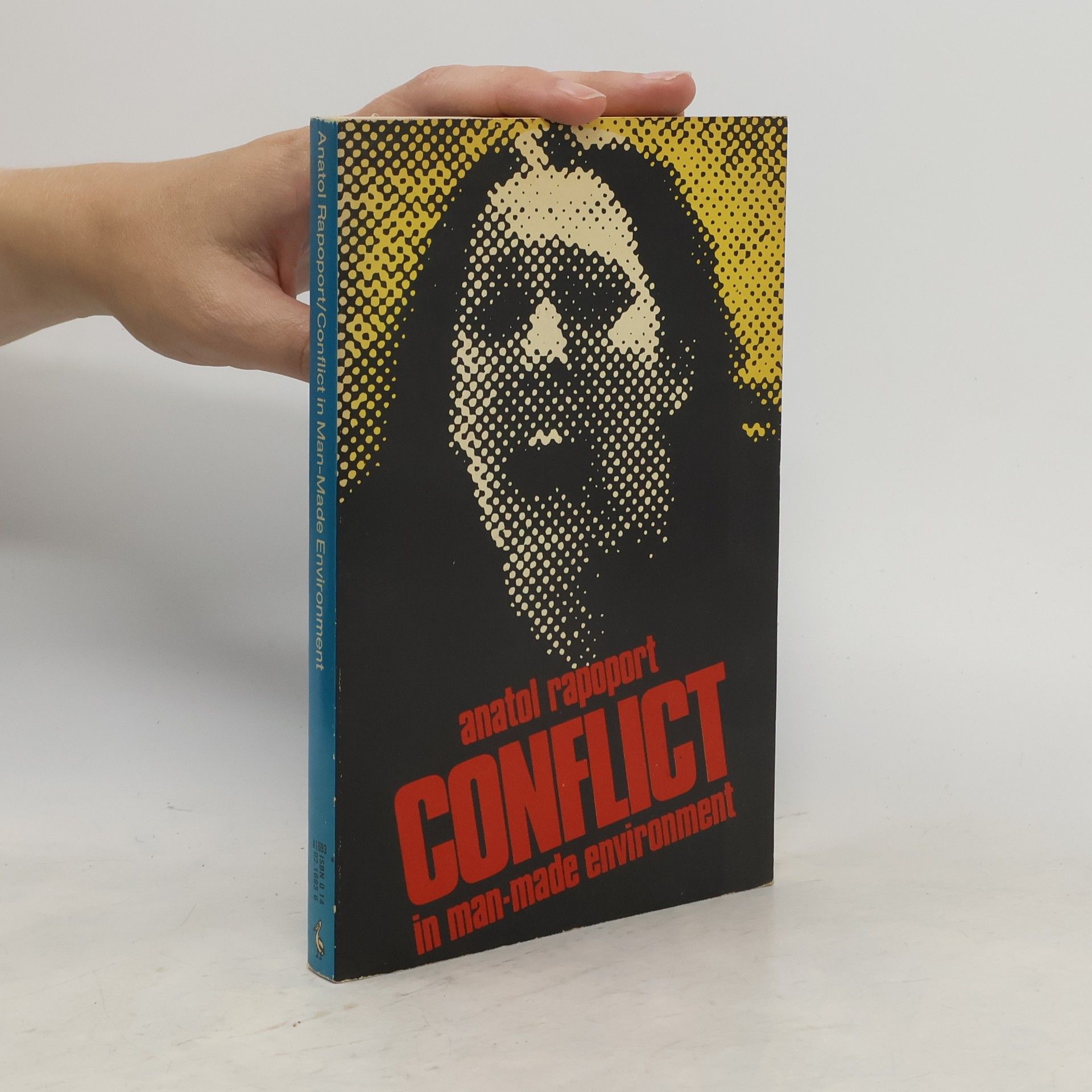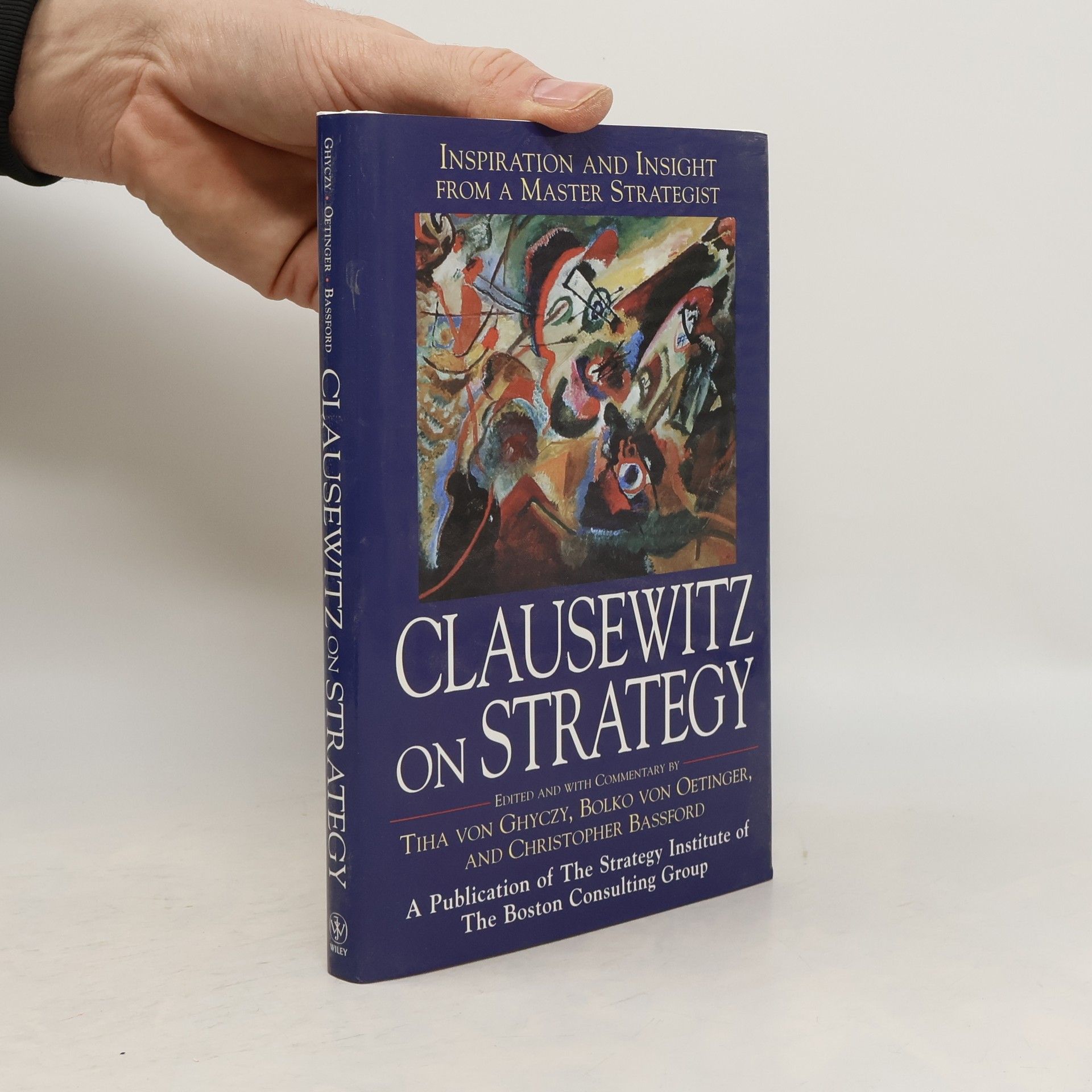Clausewitz on strategy
- 208pages
- 8 heures de lecture
Think about strategy and sharpen judgment in an unpredictable environment Carl von Clausewitz is widely acknowledged as one of the most important of the major strategic theorists; he's been read by Eisenhower, Kissinger, Patton, Chairman Mao, and numerous other leaders.




